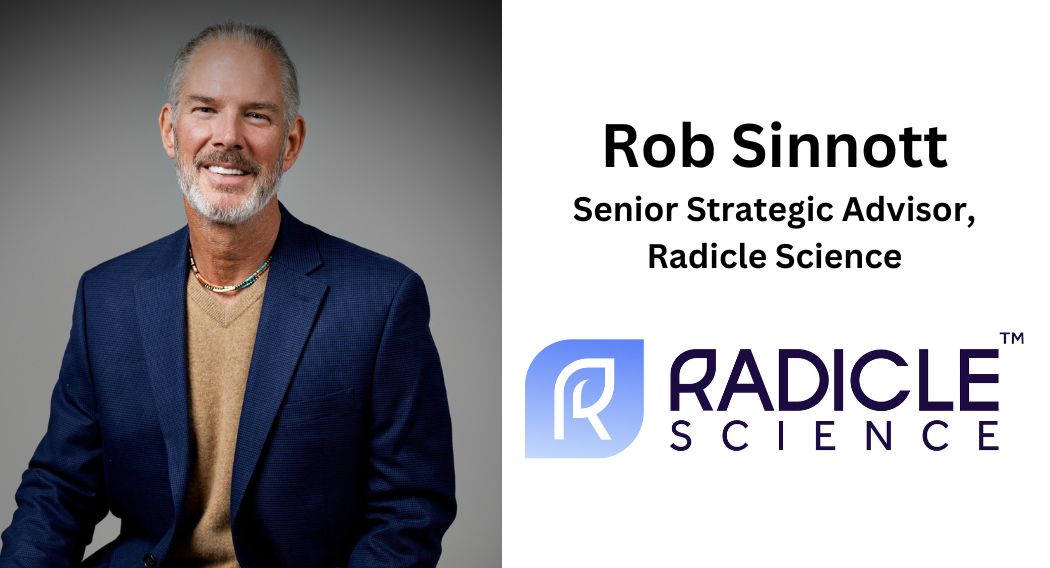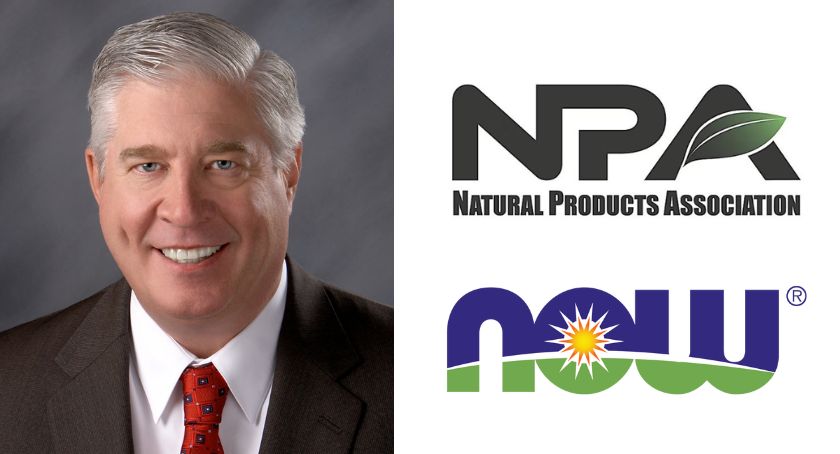
By: Sean Moloughney

In mid-March, Dateline NBC aired a segment on “dry labbing,” which focused on testing in the dietary supplement industry. Dry labbing is the practice of supplying fictional results in lieu of performing appropriate analytical tests.
According to Paula Brown, who based her “Quality Focus” column this month (page 34) on this relatively new problem in the industry, the dry-lab story starts when a manufacturer sends a sample and a sample submission form to a contract laboratory. In most dry-lab cases, she said, it will request detailed information about the sample from the customer, including expected results. When the dry-lab receives the sample, it is not actually tested or an inexpensive generic method is employed that yields no real useable data. Nevertheless, Ms. Brown contends, the lab will generate a report that essentially affirms the expected result, as provided by the manufacturer.
In choosing a contract laboratory, Ms. Brown is adamant that potential customers make sure its operations, with respect to testing products, are in compliance with cGMP. “FDA has an expectation that laboratory work performed in the course of product manufacture, whether in-house or by a contracted laboratory, meets all the dietary supplement cGMP requirements,” she said. In fact, contracted laboratories are seen by FDA as an extension of the manufacturer and are thus within the scope of Section 111 inspection. In other words, if you are a testing lab, be ready for FDA to show up at your door. And for manufacturers, for better or worse, these labs work for you, so make sure you choose wisely.
Back to the Dateline NBC story… Overall I found the segment very well balanced and thought Frank Jaksch of Chromadex did a great job defending dietary supplements and representing the responsible contingent of the industry. To me he is a rare breed of executive, one who believes in the value of supplements but at the same time needs the hard evidence—from both testing and research—to consider an ingredient or product legitimate for the marketplace. And that’s good, because this industry has a habit of showing a lot of passion but not a lot of proof.
The bottom line is, whether you are testing toys, cars or dietary supplements, attention to detail is crucial. To that end, as Mr. Jaksch explained to Ms. Brown during an interview for her column: “Unscrupulous operations can usually be spotted pretty easily if you are careful and attentive.” He suggests that a company using a third party lab occasionally challenge the lab with “dummy” samples. But it doesn’t stop there; he said companies should also send samples to a second laboratory for confirmation. And there’s more. Mr. Jaksch believes site visits are a must and requesting all documents pertaining to testing procedures is essential. In the end, it seems, you should be just as thorough as the FDA inspector who could show up at your door anytime.
—
Speaking of attention to detail… This will be Sean Moloughney’s last issue with Nutraceuticals World. This is a bittersweet transition for me. It has been a pleasure to work with such a smart, talented writer. I’ll definitely miss his attention to detail and insightful angles. What I won’t miss is finding my office supplies stuck in Jello, which reminds me… I need a new stapler. Anyway, thankfully he’s not going that far, as he’s on his way to becoming editor of another Rodman publication called Nonwovens Industry. I wish him all the best in pursuing this new opportunity.




















